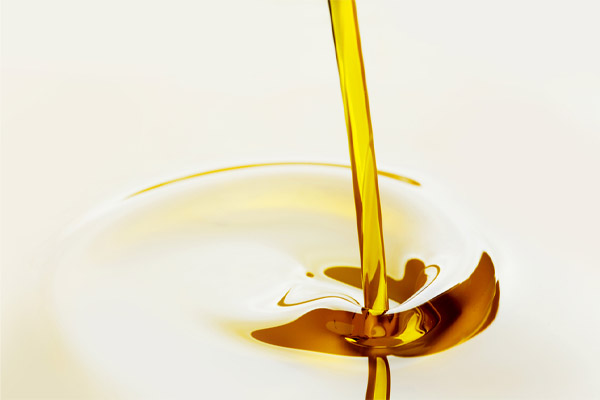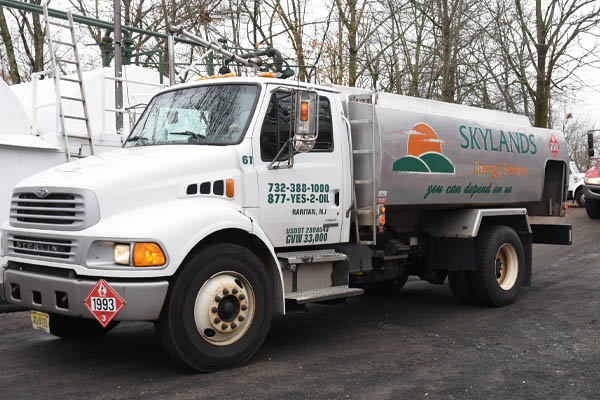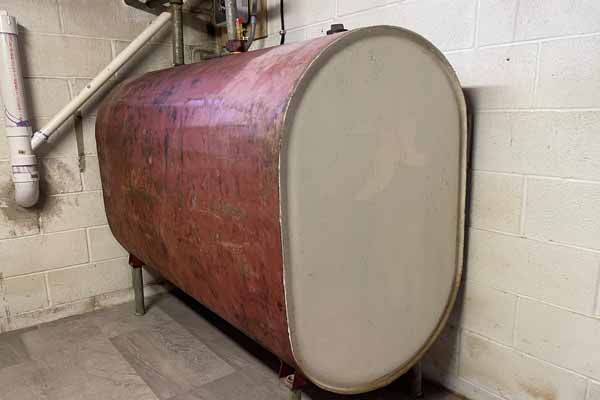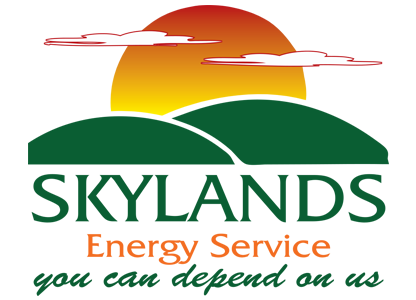
Around 5.5 million Americans use heating oil for home heating, of which 81% live in the Northeast. These people who utilize oil use an oil tank, a crucial part of their system. People usually wonder how they can ensure that their heating oil and oil tanks remain in good condition. Most oil-heat consumers know about heating oil additives, while others already use them. This article shares all you need to know regarding fuel oil additives.
Different Kinds of Heating Oil Additives
Table of Contents
Heating oil additives are chemicals made to help heating oil burners achieve increased efficiency. Additives improve combustion, so your heating system can work more cleanly and efficiently.
Heating oil additives usually fall into one of four categories:
- Stabilizers: This additive protects the oil from degradation caused by antioxidants and other external environmental factors.
- Water controller: Water emulsifiers help lessen the chances of problems occurring due to water condensation in the tank.
- Biocides: This additive treats microbial growth inside the tank.
- Line and oil nozzle cleaners: The line and oil nozzle cleaners clean the fuel delivery line. This pipe is where the oil travels from the tank to the burners. This additive also gets rid of the sludge that may have gradually formed at the bottom of your tank.
What Do We Use Heating Oil Additives For?

To determine the role of heating oil additives, we will first consider why we need them. Keep in mind that you use refined crude oil for home heating. Crude oil has a different refinement process today than it used to because manufacturers considered how it would impact the environment. Moreover, there is an increasing demand for low-sulfur diesel.
These changes affect the fuel, resulting in it becoming less stable and having high carbon residue. Manufacturers have made improvements and upgrades in the additives’ chemical composition to counteract the changes and enhance the fuel’s attributes.
If you have experienced oil tank freezing, sludge accumulation, clogged fuel lines, and high usage costs, consider using heating oil additives.
How Do Fuel Oil Additives Work?
The oil’s attributes change as it is refined, causing impurities to develop in the heating fuel. These impurities include particles like dirt, soot, and water droplets that can impact the oil tank. When the tank has impurities, it will become inefficient.
Fortunately, additives can help remove these impurities and ensure your system is back to running efficiently. Additives emulsify water droplets, preventing and reducing bacteria growth.
The additives’ chemical composition lets them break down dirt and soot so these particles can pass through the filter of the tank without causing a blockage. Additives can shrink pollutants so they can be burned off and eliminated from the system.
Common Issues Fixed by Heating Oil Additives

The big question is: are additives cost-effective? Here are several situations regarding the challenges you may encounter and how you can remedy these problems.
Burner Nozzle Clogged
The burner nozzle of the tank can become blocked from the build-up of chemical components like carbon. These clogs can keep the heating system from effective fuel burning as the burner nozzle is in charge of the oil spray.
These additives often have cleaning components, so the build-up of chemicals dissolves, allowing your burner nozzle to perform more efficiently.
Extra Oil Tank Condensation
A tank with extra condensation will mean that its interior components can rust, and bacteria will grow. Additional additives can remove larger water quantities from the system. This helps avoid rusting, which can cause a myriad of other problems.
Gelling of Heating Oil
Low temperatures can cause oil to gel. When this happens, oil can’t flow smoothly from the tank to the burner. It can also clog the fuel line, nozzles, and filters.
Additives with anti-gelling properties decrease the temperature where gelling happens in the fuel. This is an excellent benefit for people living in colder areas.
The Build-up of Sludge in the Oil Tank
If there is sludge accumulation at the base of the tank, the filters and line are clogged. This build-up lowers the tank’s heat-producing abilities. It may also result in the tank malfunctioning or not working at all. If you need to turn off your heating to keep the lines from clogging during delivery, your tank has a sludge issue.
An additive can help the heating oil dissolve this sludge build-up. This way, the heating oil can reabsorb the sludge and burn it off. This helps the tank return to its normal operations.
Disadvantages of Using Heating Oil Additives
The benefits you get from using heating oil additives surpass the cons. However, you should still learn about the likely disadvantages.
- Oil additives cannot eliminate all water droplets in your system. You need to contact an HVAC professional to assist you if you tried using an additive and not all the water isn’t removed.
- Pay attention to additives containing alcohol, which will lead to other problems.
- The tank can become clogged if it has a large amount of sludge, and you use a line and oil nozzle cleaner to clean it. Call an HVAC expert immediately if this happens so no more damage can occur.
It should be noted that there is not a single additive that can repair all your tank’s issues. You may also use a combination of additives. It may be expensive, but using various additives can help enhance your tank’s efficiency and help you save money. Consult your local, trusted HVAC professional to ensure you are on track to achieving the optimal performance of your tank.
Call Skylands Energy Service For Reliable Oil Deliveries
 Skylands Energy Service offers reliable and affordable heating oil delivery services throughout Central New Jersey. We have many delivery plans and financing options available to meet your needs. Click here to view our service area.
Skylands Energy Service offers reliable and affordable heating oil delivery services throughout Central New Jersey. We have many delivery plans and financing options available to meet your needs. Click here to view our service area.
Likewise, our family-owned company has many different types of home comfort services. This includes heating oil delivery, on/off-road diesel delivery, plumbing services, heater repair, heating system maintenance, heater installations, and more. Be sure to give Skylands Energy Service a call today to see what we can do for you. All of our services come with a guarantee to ensure your satisfaction. Call now!
Contact us now at (908) 707-1776 to find out more! Click the link to view our service area.

